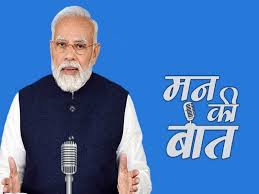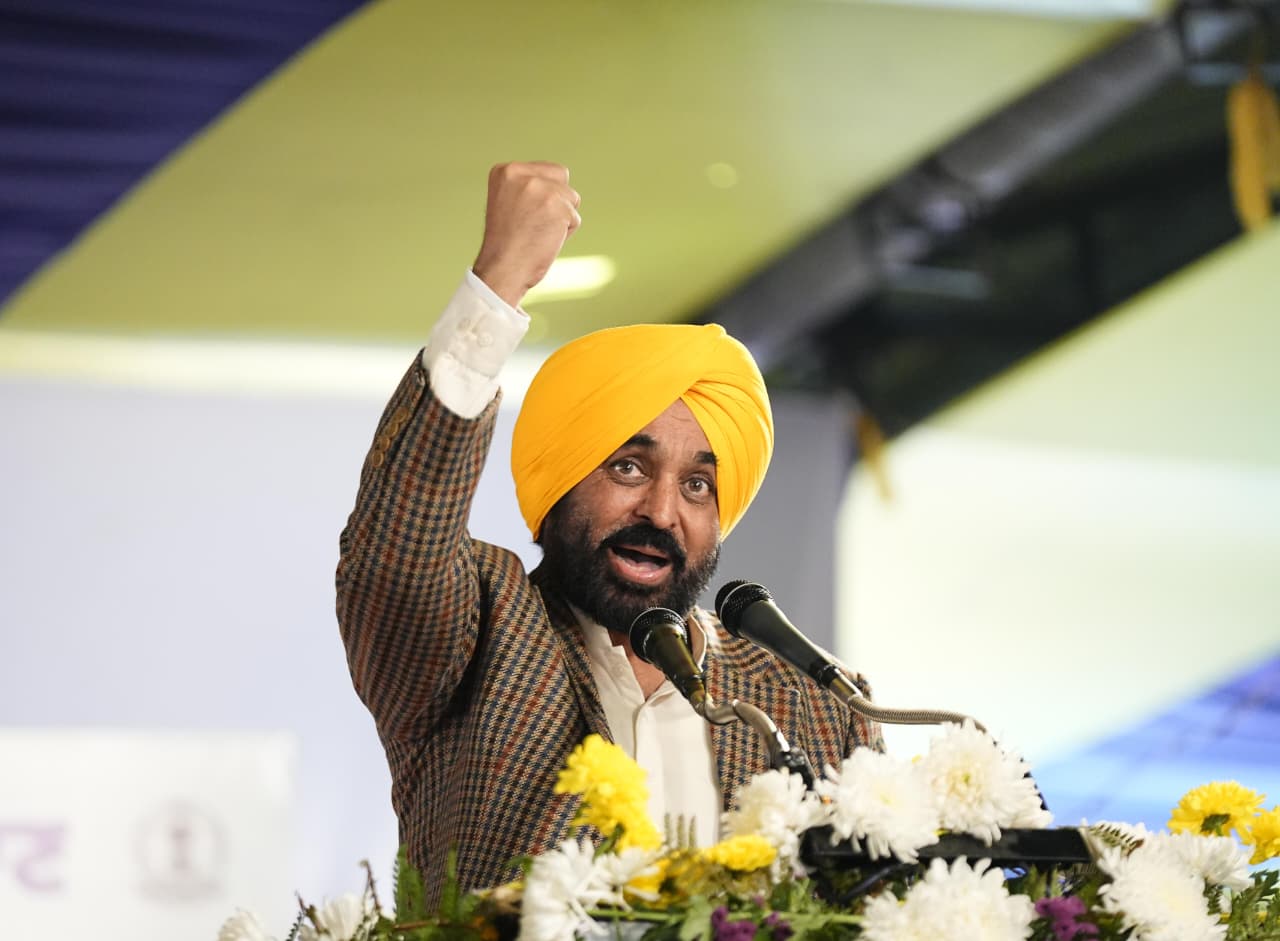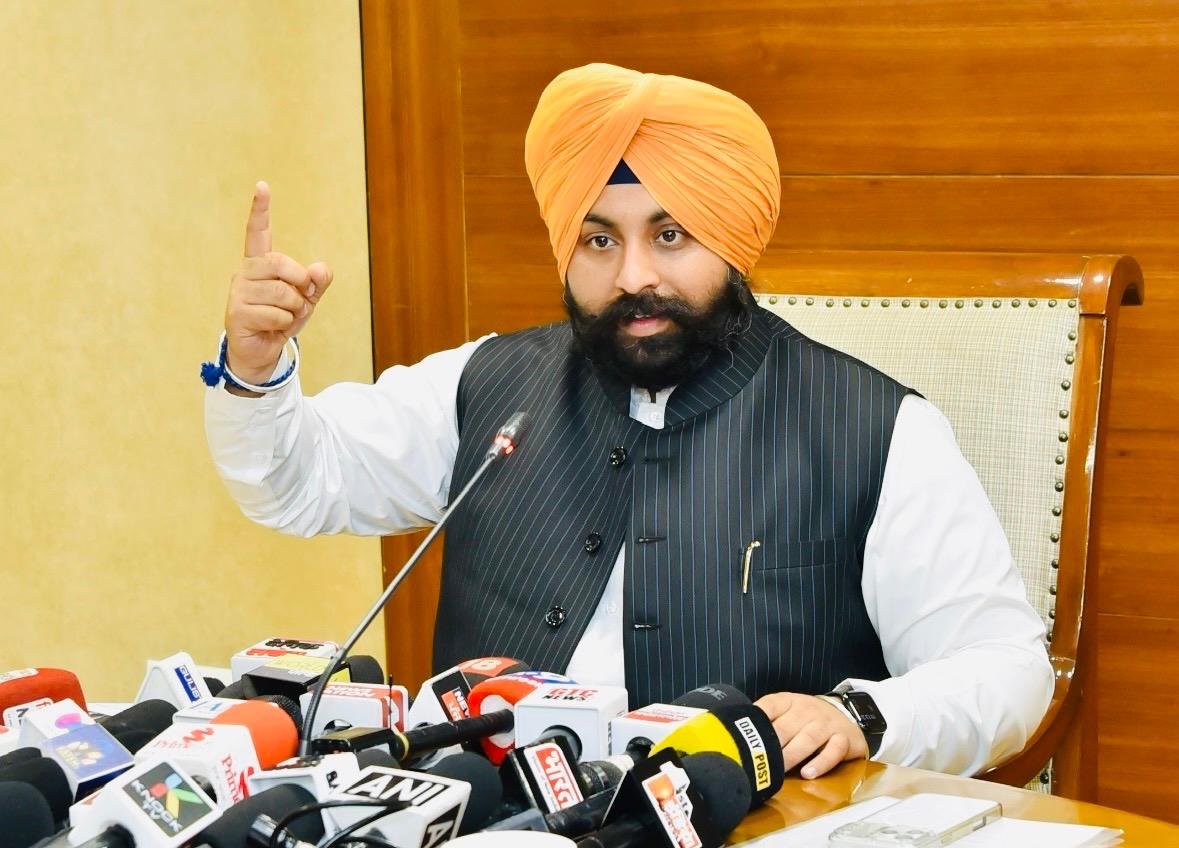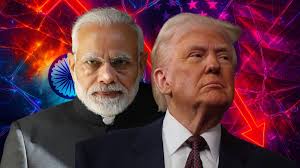Listen To This Post
New Delhi: In a significant political development, the Union Government is likely to grant full statehood to Jammu and Kashmir (J&K) soon and may table a Bill in the ongoing Monsoon Session of Parliament, highly placed sources confirmed.
Prime Minister Narendra Modi and Home Minister Amit Shah reportedly met President Droupadi Murmu to discuss the proposed legislation and other constitutional issues. The Monsoon Session ends on August 21, suggesting that the announcement could be imminent.
Manoj Sinha is likely to be elevated as the NDA’s Vice President
The government is also expected to change J&K’s top leadership. Lieutenant Governor (LG) Manoj Sinha is likely to be elevated as the NDA’s Vice President candidate, paving the way for the appointment of a new Governor once the Bill is cleared.
Bill First in Rajya Sabha
Home Minister Shah is expected to introduce the Bill first in the Rajya Sabha, marking the first structural shift in Jammu and Kashmir’s governance since the August 5, 2019, decision to abrogate Article 370 and bifurcate the state into two Union Territories—Jammu and Kashmir and Ladakh.
Legal Consultations Complete
The draft Bill has already undergone legal scrutiny. The government had assured the Supreme Court during hearings on petitions challenging the abrogation of Article 370 that full statehood would be restored at an “appropriate time”.
Opposition Pressure and Public Sentiment
The move comes amid increasing political pressure. Congress chief Mallikarjun Kharge and Leader of Opposition Rahul Gandhi recently wrote to Prime Minister Modi, urging immediate restoration of statehood to J&K. Opposition leaders have called the delay “unjustified” and “politically motivated”.
If passed, the Bill will open the way for fresh assembly elections in Jammu and Kashmir under a full-fledged state government for the first time in six years.
J&K’s Constitutional Transition
-
August 5, 2019 – Government abrogates Article 370, ending J&K’s special constitutional status.
-
J&K Reorganisation Act, 2019 – Bifurcates the state into two Union Territories (J&K and Ladakh).
-
2020–2023 – LG-led administration governs J&K; assembly remains dissolved.
-
Supreme Court 2023 – While upholding Article 370 abrogation, records Centre’s assurance to restore statehood.
-
2025 – Government set to introduce Bill for full statehood restoration in Monsoon Session.
Political Implications: Why This Move Matters
-
NDA’s Political Positioning – Statehood restoration could neutralise Opposition criticism over democratic deficit in J&K and project the government as responsive ahead of upcoming state elections nationwide.
-
J&K Assembly Elections – Passage of the Bill would trigger a timeline for assembly polls, potentially reshaping regional politics, where parties like the NC, PDP, and BJP will compete on development and autonomy issues.
-
National Security vs. Autonomy Debate – Restoring statehood while retaining central security controls could be presented as a “balanced approach” combining autonomy with strong internal security.
-
Vice Presidential Nomination Impact – Manoj Sinha’s elevation as Vice President candidate ensures continuity of the BJP’s strategy to reward loyal administrators while signalling stability at the Centre.
-
Opposition’s Response – While the Congress and regional parties may claim credit for pressuring the government, they will also face a dilemma: oppose the Bill and risk alienating J&K voters, or support it and give the government a political win.















